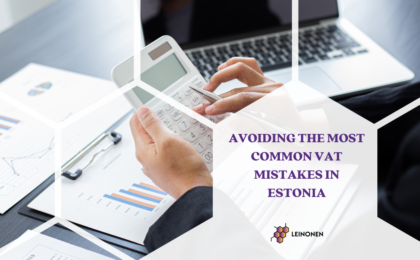The most important changes concern working hours and the procedure for hiring.
Both the existing and the amended Act prescribe that entering into an employment contract with a minor requires the consent of one of the minor’s parents and, in the case of minors aged 7-14, the consent of the labour inspector. However, employers will also be required to register minor employees in the employment register 10 days prior to their commencing work. It is presumed that the labour inspector has provided their consent to the hiring of a minor aged 7-14 once 10 days has passed. If necessary, the labour inspector makes a decision on refusal to provide consent.
Additionally, several amendments have been introduced to the working hours of minors. The first concerns employees aged 7-14 or older who are subject to the obligation to attend school. Once this amendment takes effect, they may work for up to two hours per day and 12 hours per week as full-time employees during a quarter of the academic year. The amendments provide more working opportunities during school holidays. This means that children aged 7-12 may work up to three hours per day and 15 hours per week, while those aged 13-14 or older who are subject to the obligation to attend school may work up to seven hours per day and 35 hours per week over a seven-day period during school holidays.
The legislation in force prohibits minors from working between 20:00 and 6:00. The amendments establish that an employee who is subject to the obligation to attend school is still forbidden to work during said hours, with the expectation that employees aged 15-17 who are not subject to the obligation may also work between 20:00 to 22:00.
In conclusion, the objectives of the amendment are to protect the health of children younger than 14 and to increase employment opportunities for minors during school holidays.



